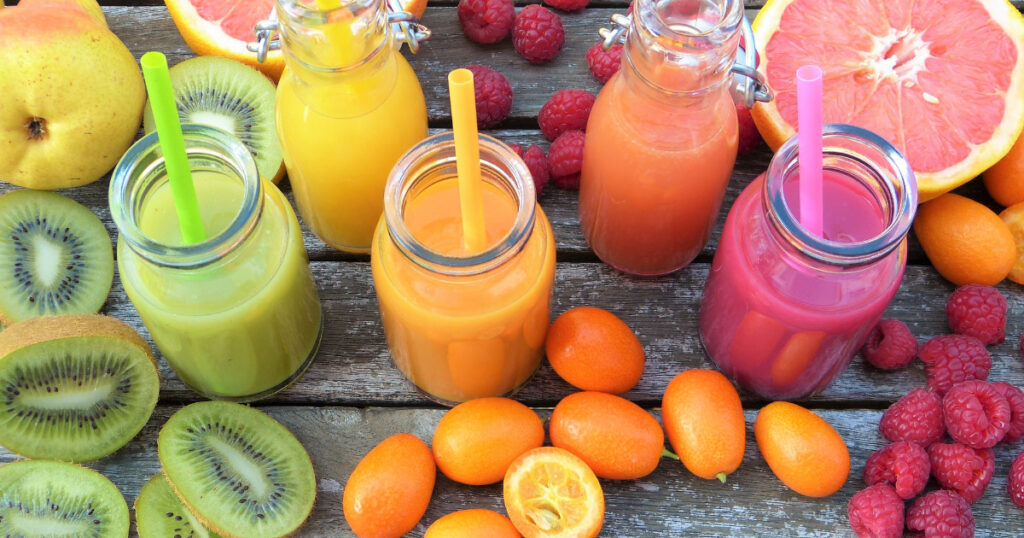Vitamin-Packed Salad Ingredients
Enjoying a salad serves as a refreshing meal on a hot Summer day. But we often overlook the incredible nutritional benefits hidden within its colorful ingredients. Beyond the delicious flavors, salads offer a wealth of vitamins that are essential for our overall well-being. Four important vitamins – A, D, E, and K – provide unique health benefits and are easily found in common salad ingredients. From supporting cell growth and immune health to promoting bone strength and protecting against cellular damage, these vitamins play vital roles in our health.
Vitamin A
Supports cell growth and differentiation, suggesting it may play a role in maintaining normal cell function and reducing the risk of certain cancers. It is well known to be important for eye health and also supports immune health, bone remodeling, and the maintenance of cells that line the body’s interior (called endothelial cells).
Common dietary sources include green, orange, yellow, and red vegetables like spinach, carrots, mango, and bell peppers; fish oils, milk, and eggs.

Vitamin D
This vitamin plays a central role in calcium absorption and is important for bone health and protection against osteoporosis. We also produce some vitamin D from sun exposure – available evidence highlights the ongoing importance of wearing sunscreen to protect against harmful UV rays.
Common dietary sources include eggs, yogurt, salmon, and many fortified foods (such as milk and juices).

Vitamin E
This antioxidant and anti-inflammatory agent is recognized for its role in protecting against cellular damage and may reduce the risk of diseases such as cardiovascular disease and cancer. It also serves a role in immune function and several normal metabolic functions, making it a micro-nutrient with a big impact on our bodies.
Common dietary sources include nuts and nut butters; sunflower, safflower, and soybean oil; and leafy greens like spinach and collard greens.

Vitamin K
This vitamin is often not routinely assessed in most adults but plays an important role in normal blood clotting and bone metabolism. For those on anticoagulant medications (such as Warfarin), consult with your primary care provider or a dietitian for guidance on maintaining consistent vitamin K intakes.
Common dietary sources include green vegetables like kale, spinach, broccoli, and Brussels sprouts; certain oils such as soy or canola oil; and fruits/fruit juices such as pomegranate juice, grapes, and blueberries.

Be sure to consult with your primary care provider before taking any supplemental vitamins or minerals. Most healthy individuals are able to meet their nutrient needs through an adequate, healthful, and varied diet.

Emily Gibbs, RD, LDN | emily.gibbs@hcsgcorp.com
“Working as a Registered Dietitian brings me joy because I witness the multitude of benefits that
food brings into our lives throughout the lifespan. I’m grateful to be a part of the important and central relationship that so many people have with food, nutrition, and well-being.”
Emily started with HCSG in June 2022. She earned her Bachelor of Science degree in
Nutrition and Dietetics from Syracuse University and plans to pursue specialized certifications within the nutrition field. When not at work, you can find Emily searching for hidden gems in thrift and antique stores, or spending quality time with friends at the movies, social events, and over a good meal.
Related Articles —








